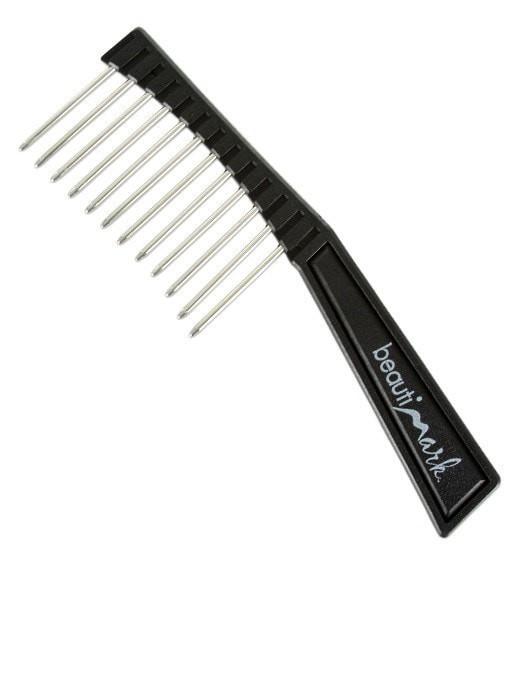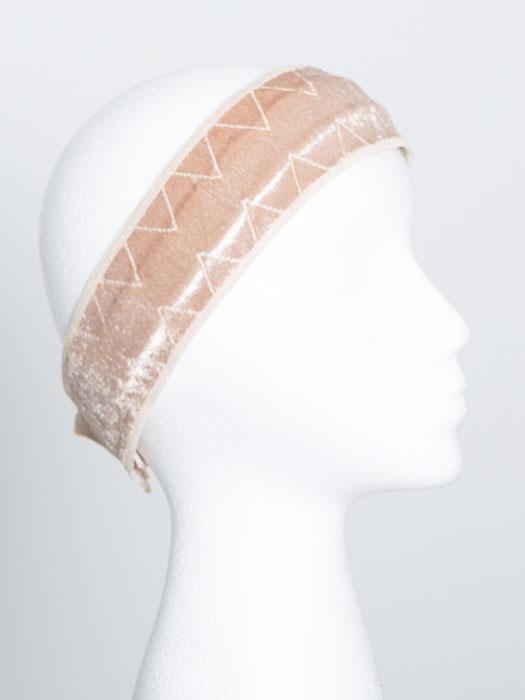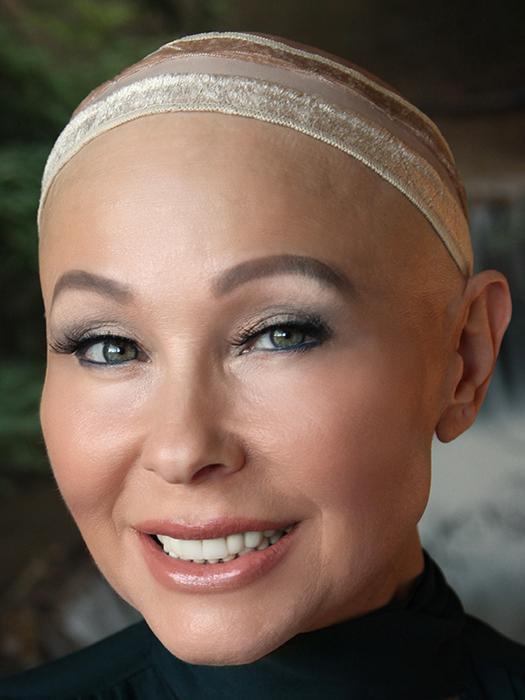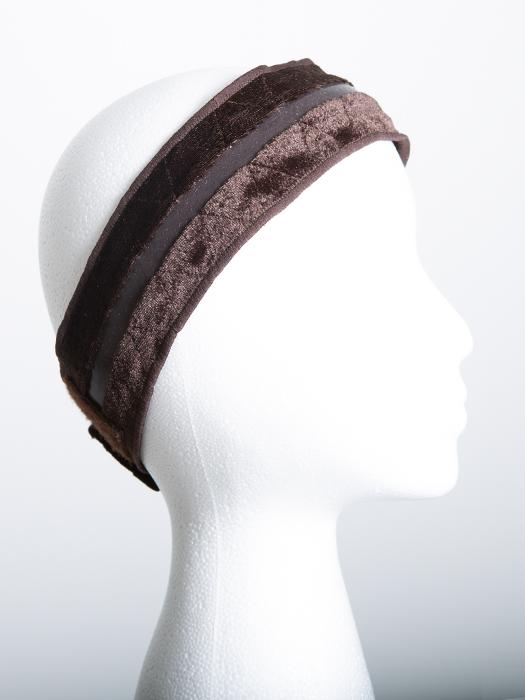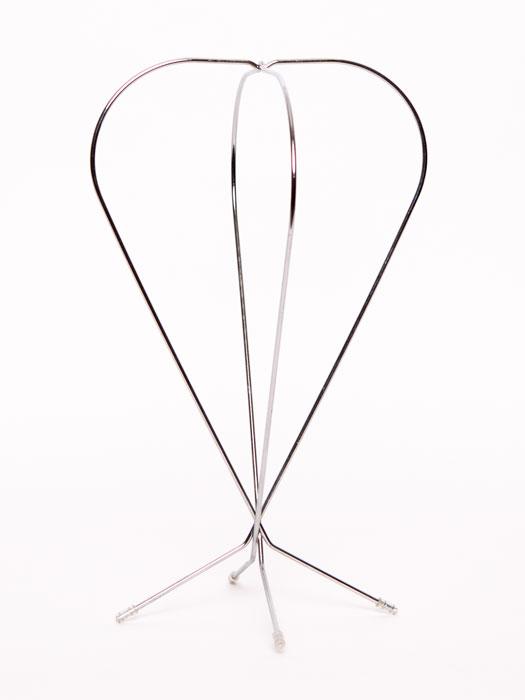How to Handle Hair loss From Chemotherapy
MARCH 21, 2023
Cancer can be an incredibly difficult journey, and hair loss can be one of the most emotionally challenging side effects of chemotherapy. While other symptoms may cause more physical pain or fatigue, the psychological struggles associated with this particular challenge are a difficult aspect of navigating treatment for many. The emotions connected with Alopecia can range from sadness and vulnerability to anger or depression, especially when faced with unwelcomed questions about why you look different. However, there are ways to prepare so that you can tackle this head-on!
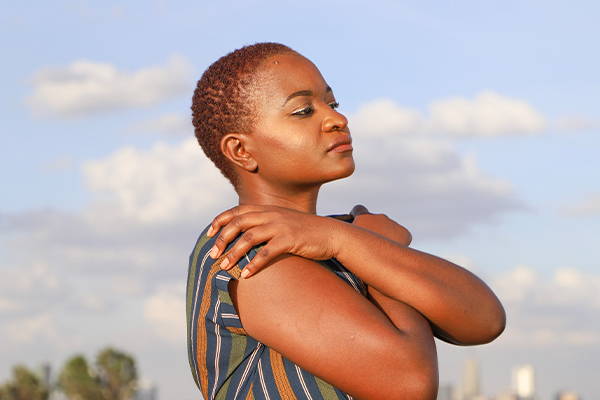
Take some time to yourself

Shop for head coverings
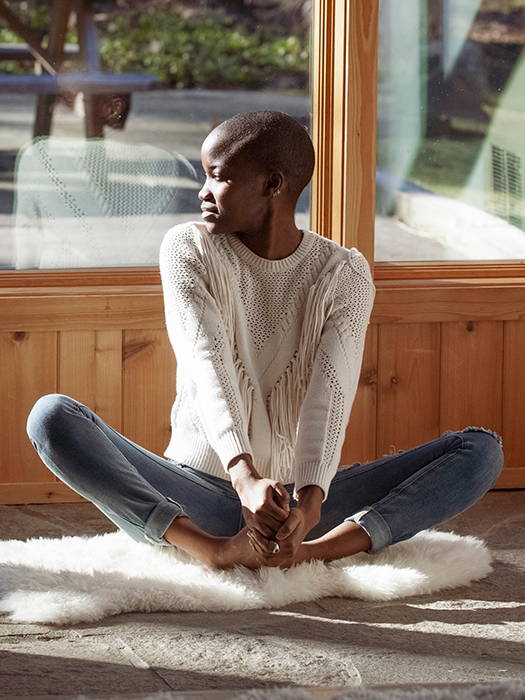
Consider cutting your hair short
Handle your hair with care
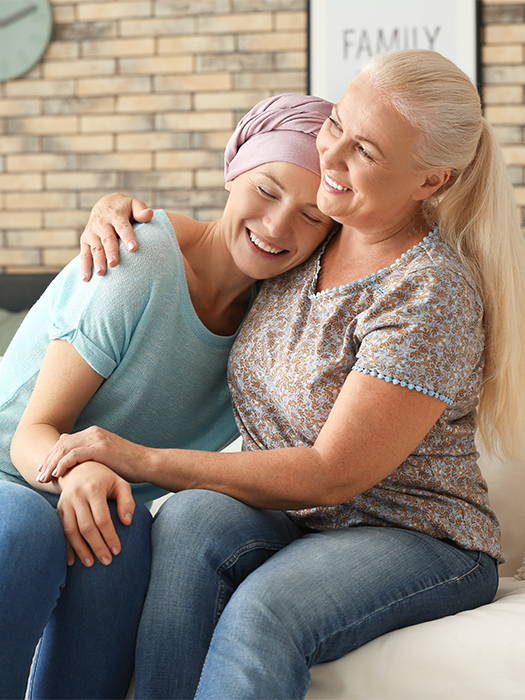
Eat healthy and exercise when you can
Find support
Shop The Blog!
